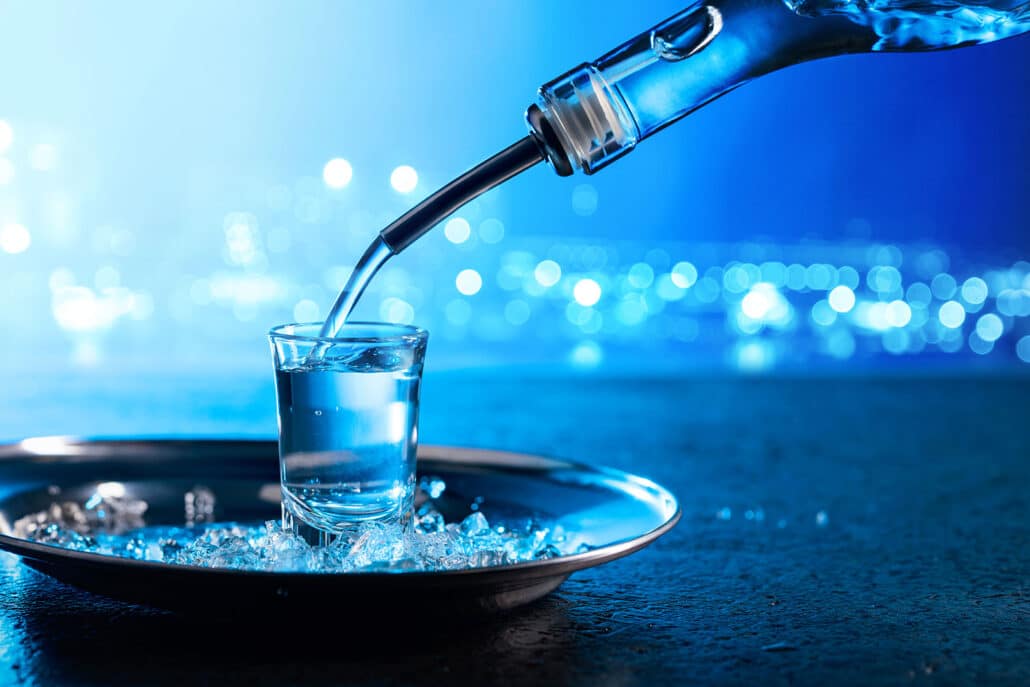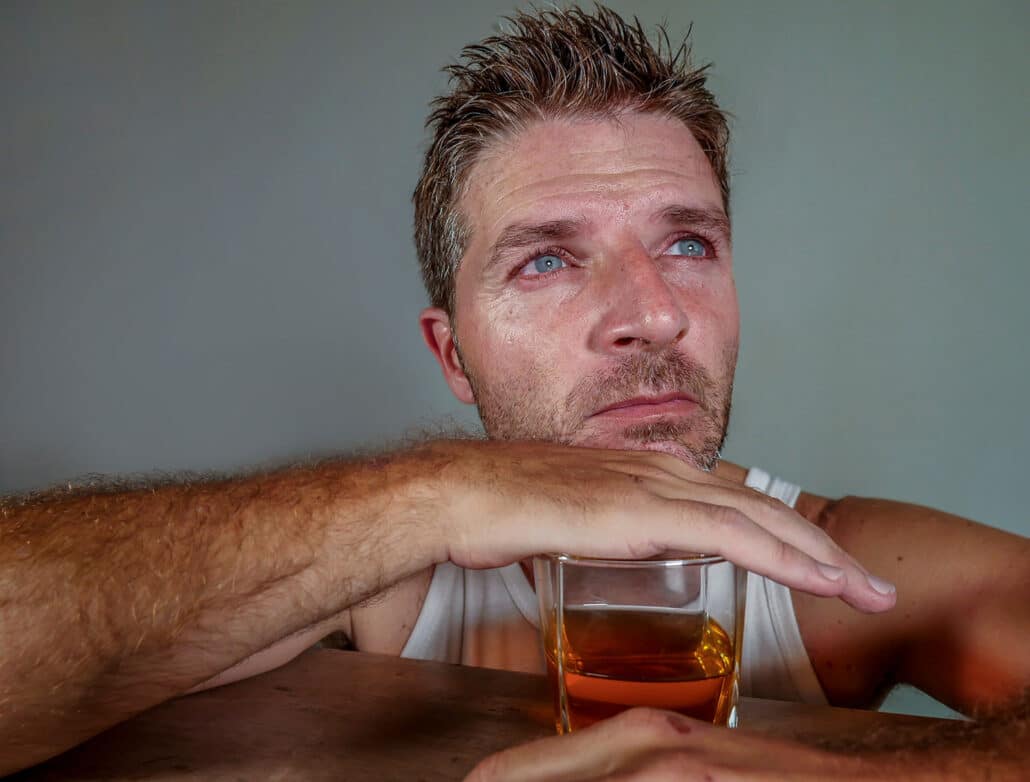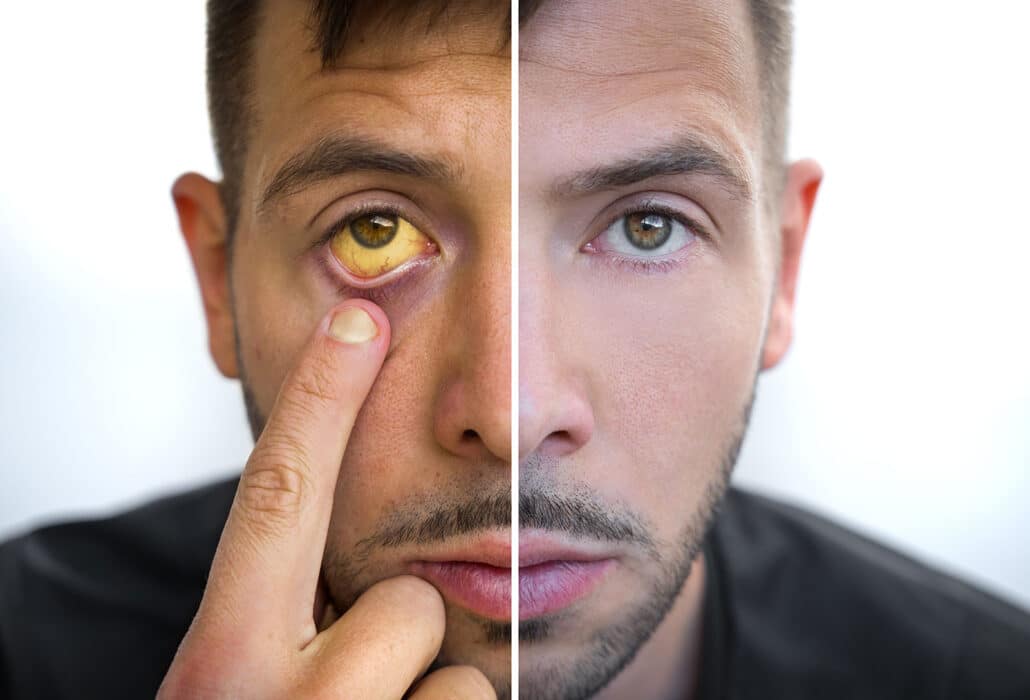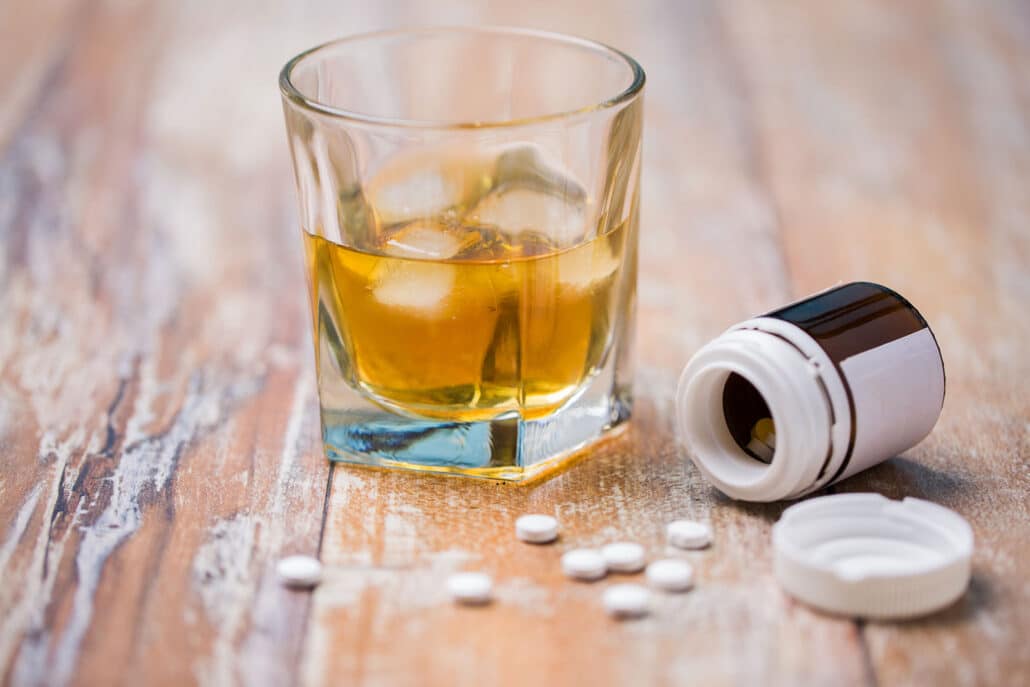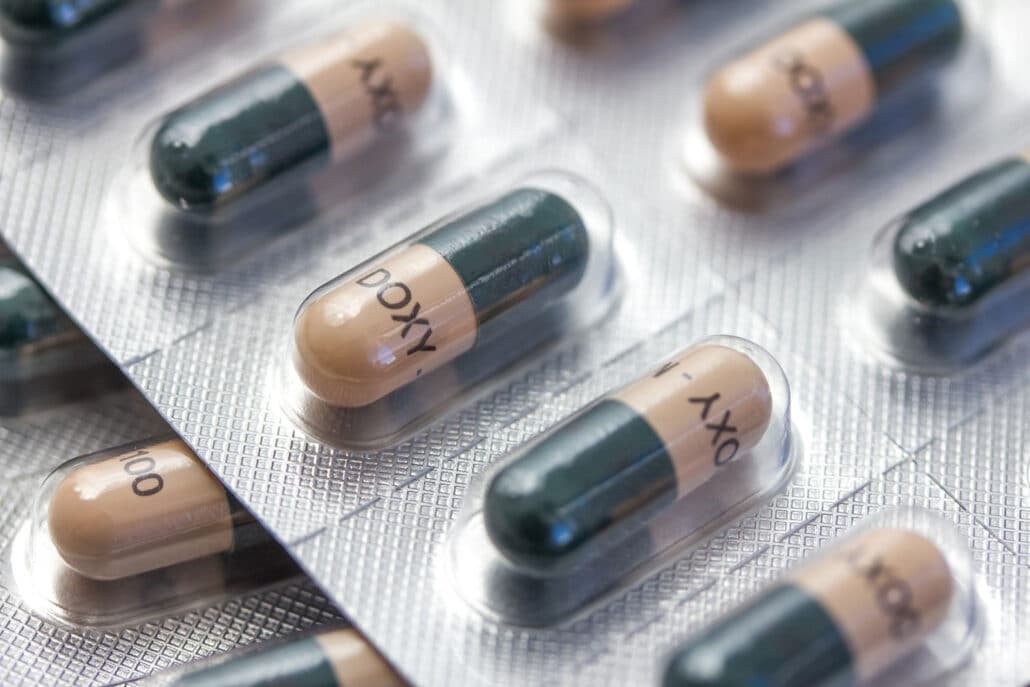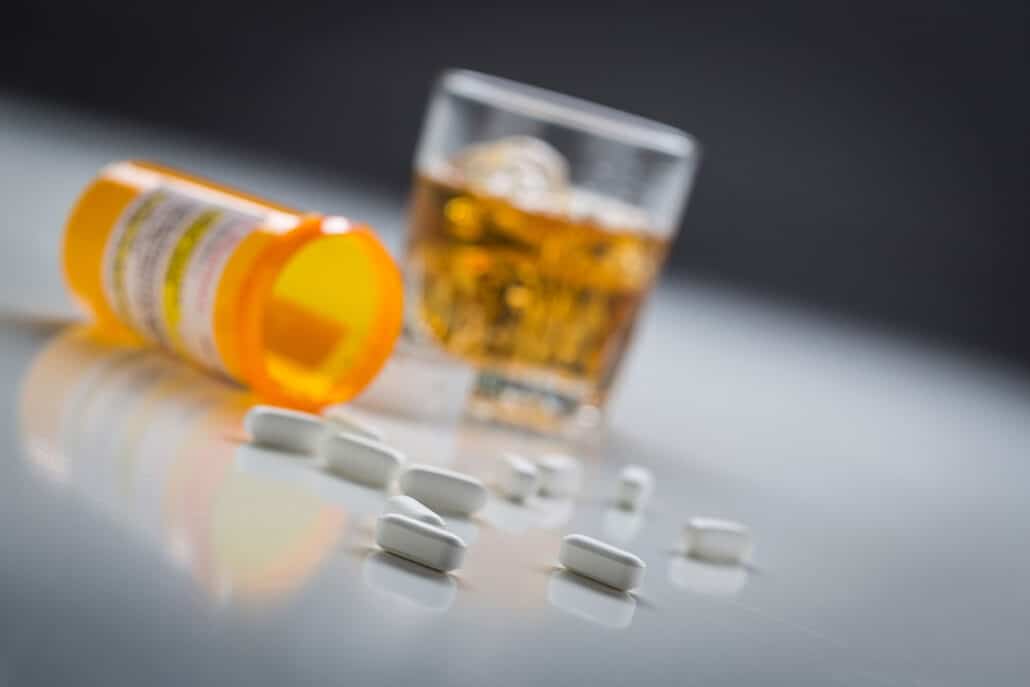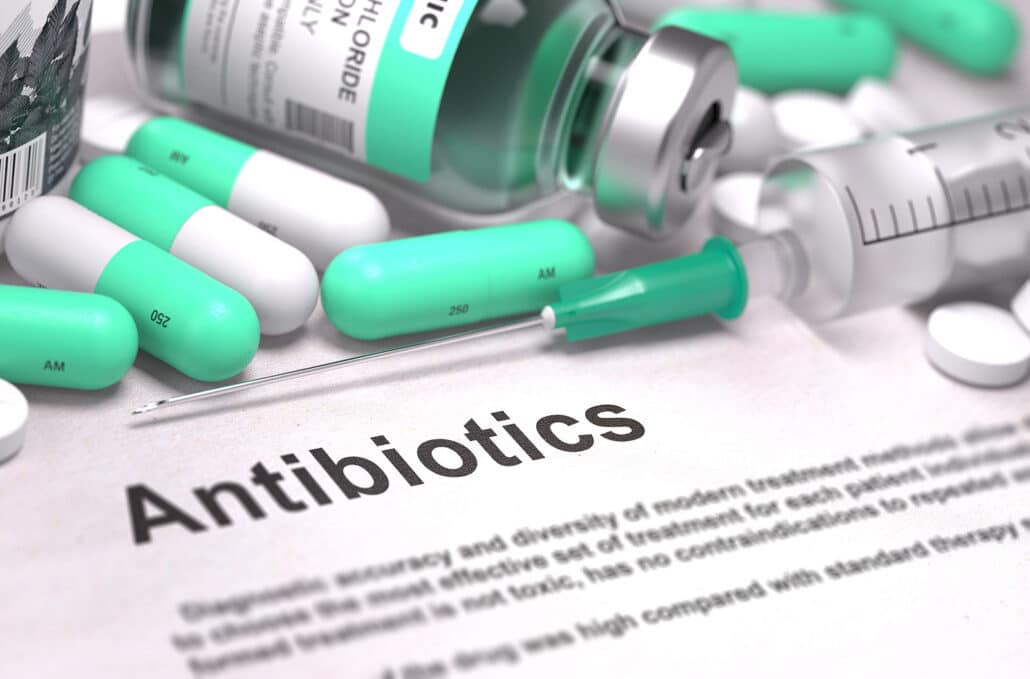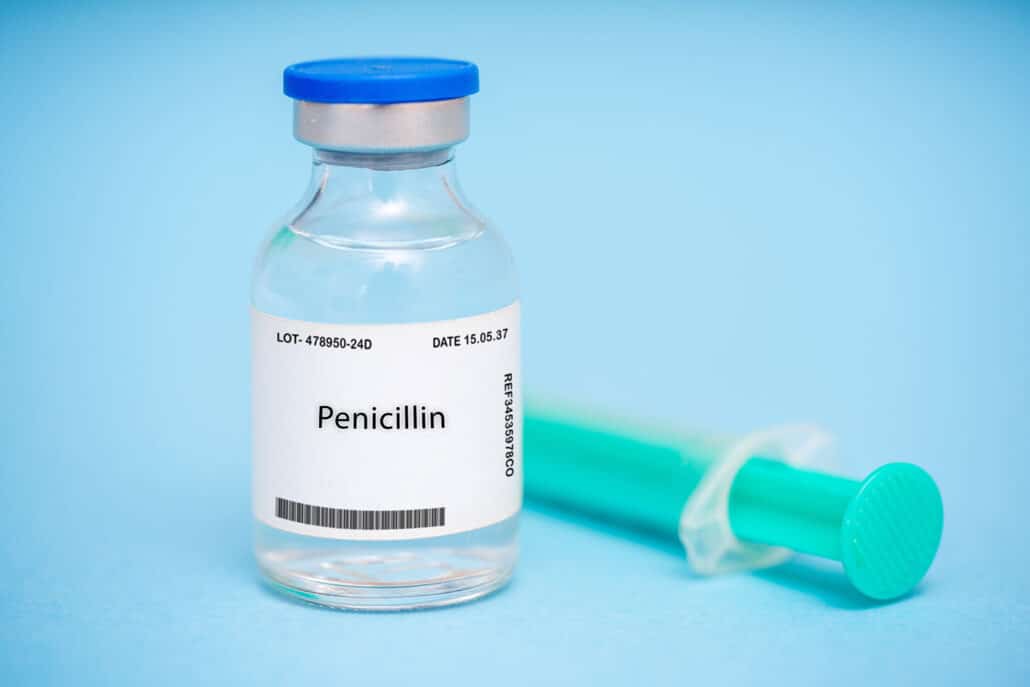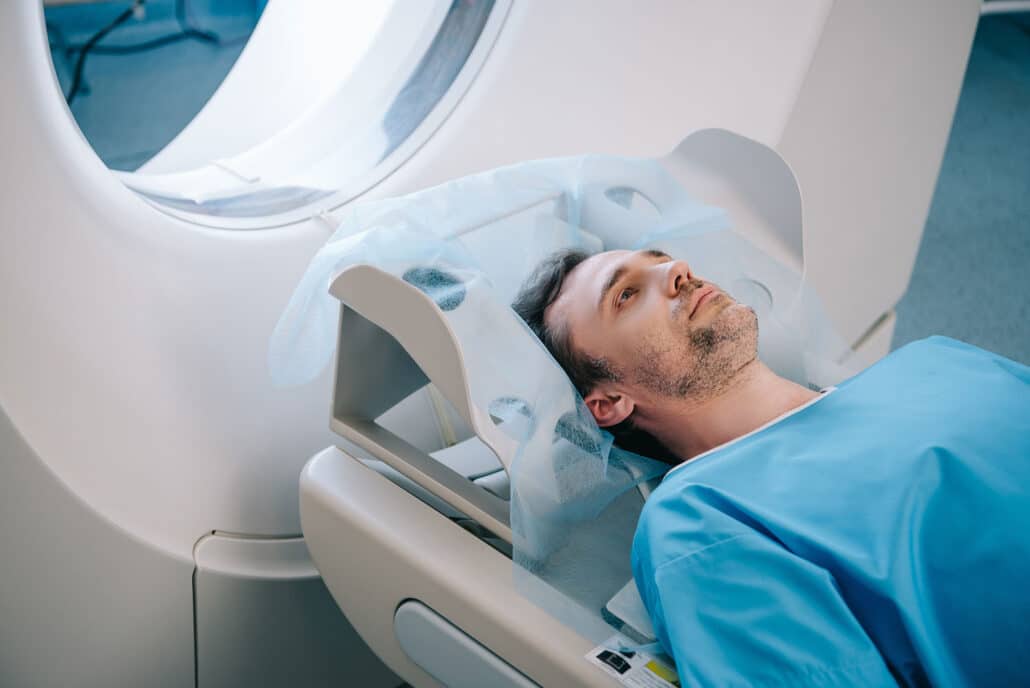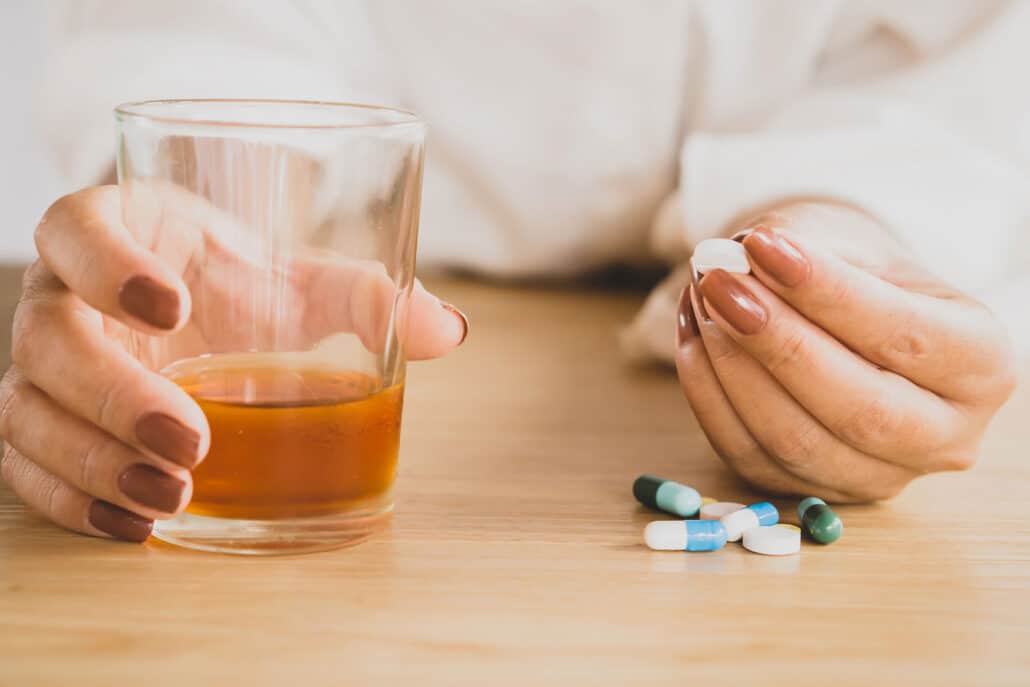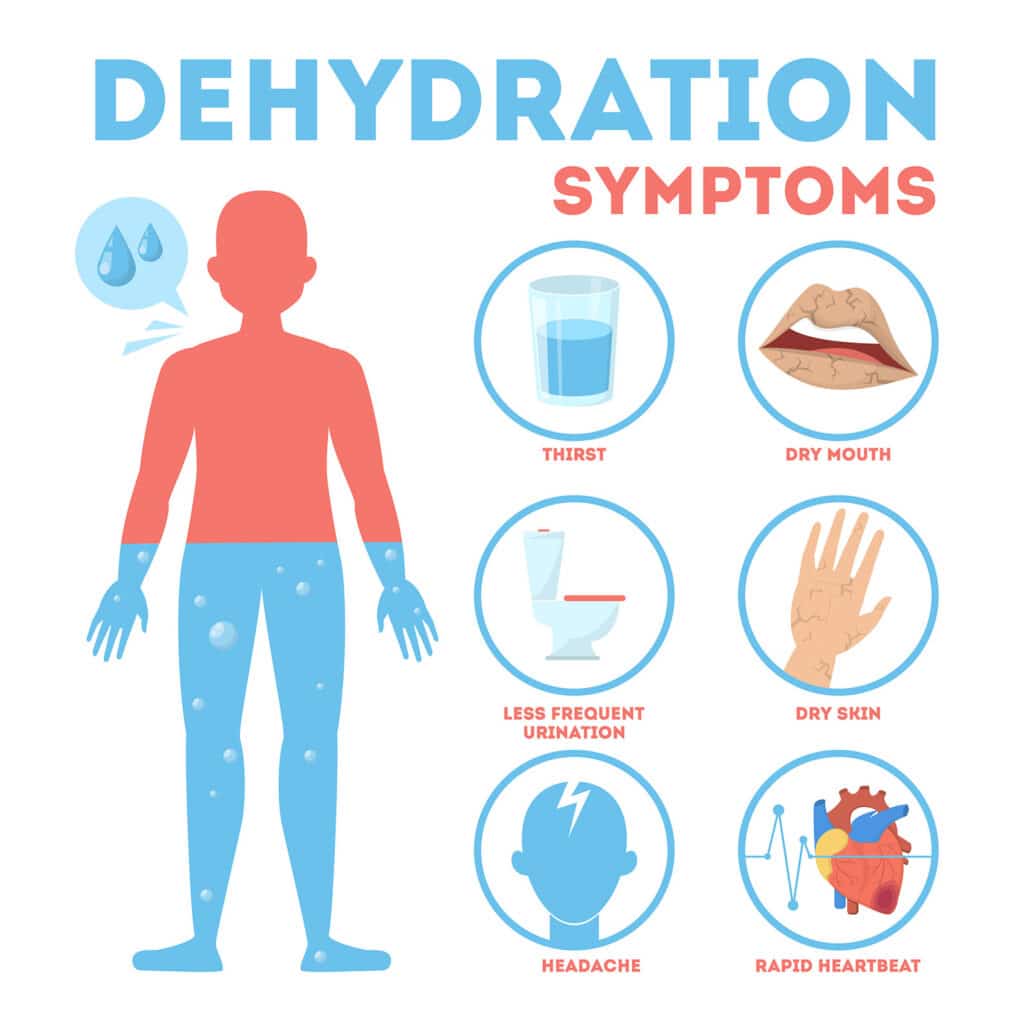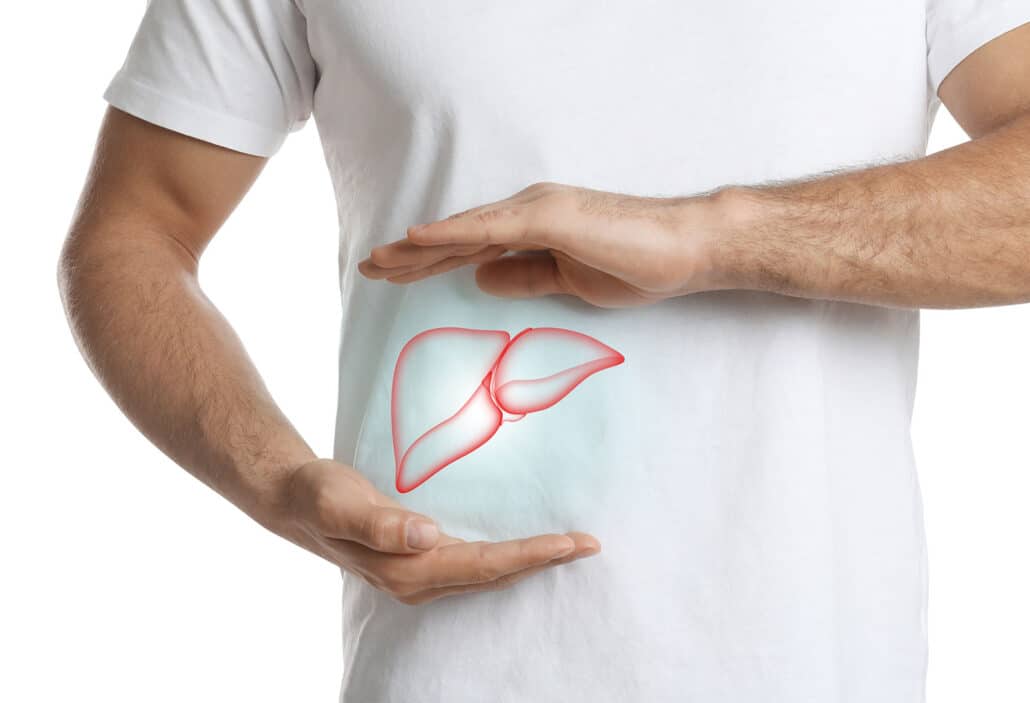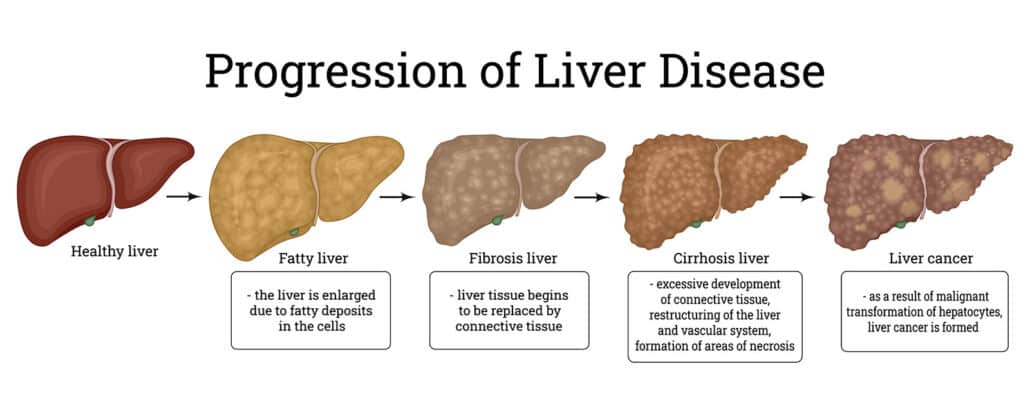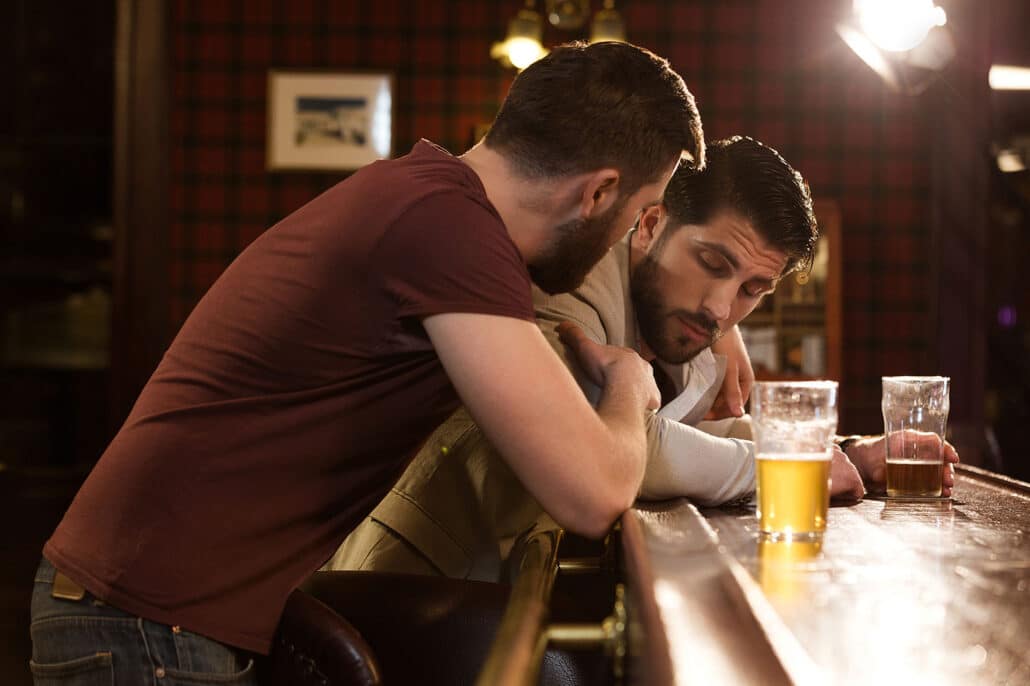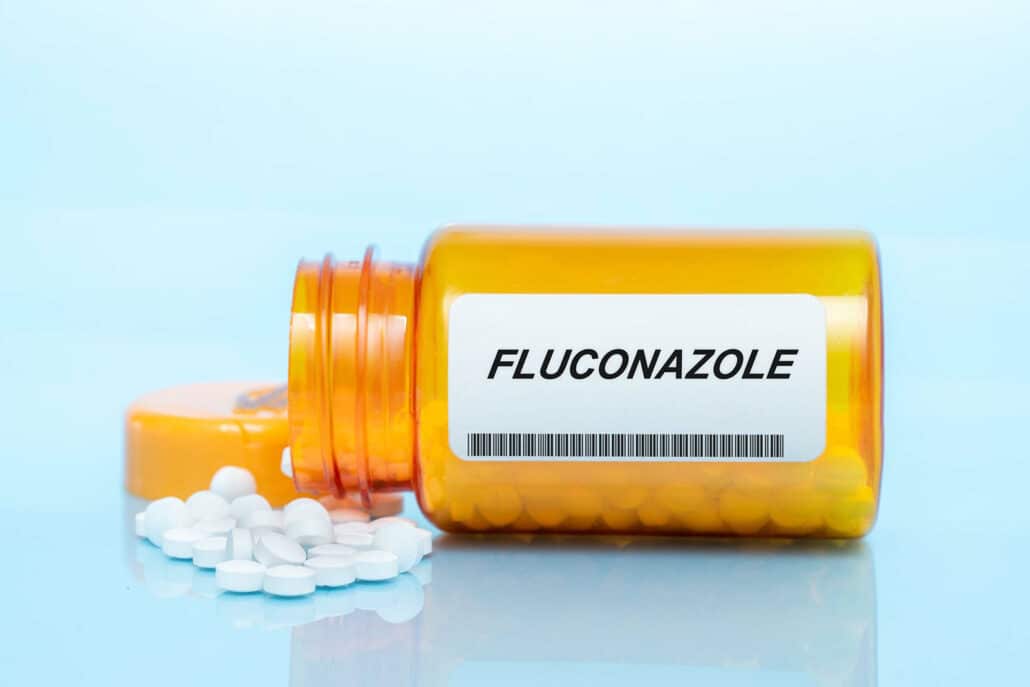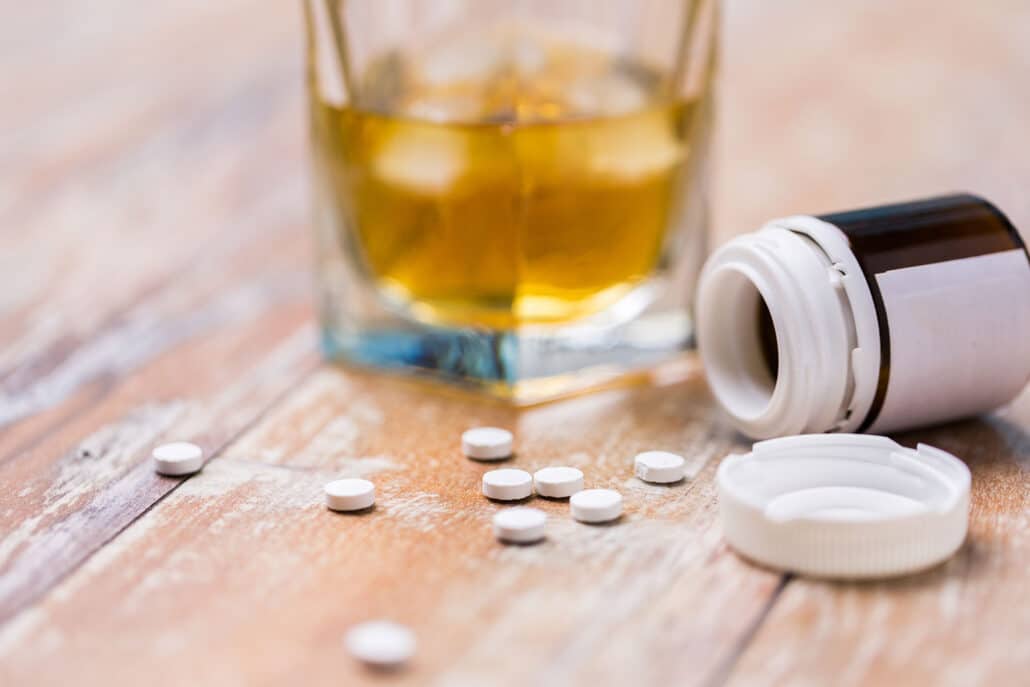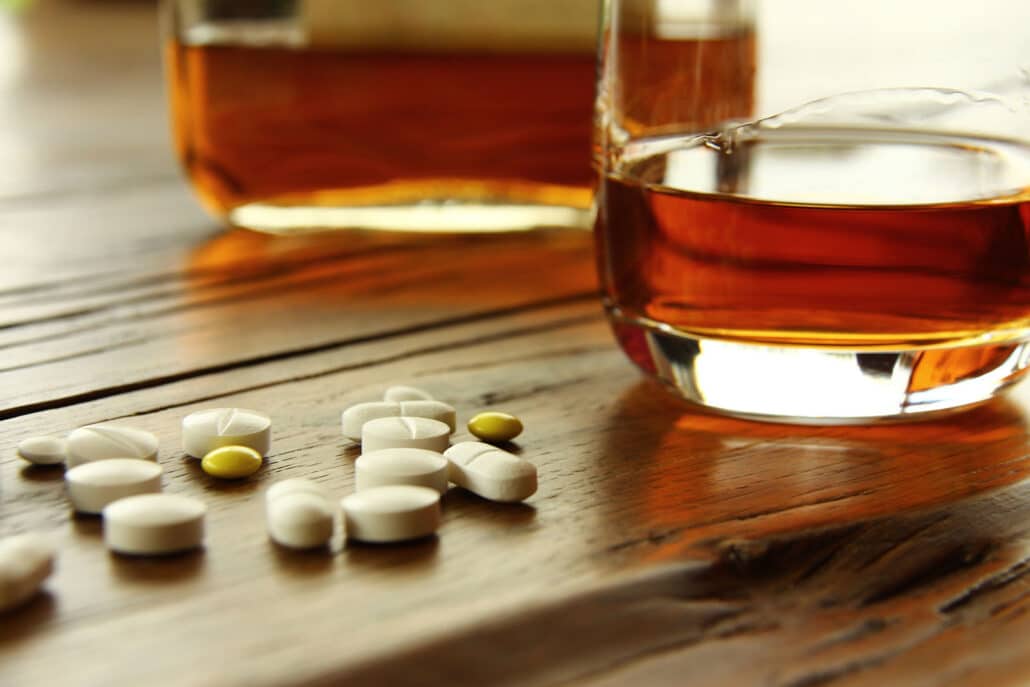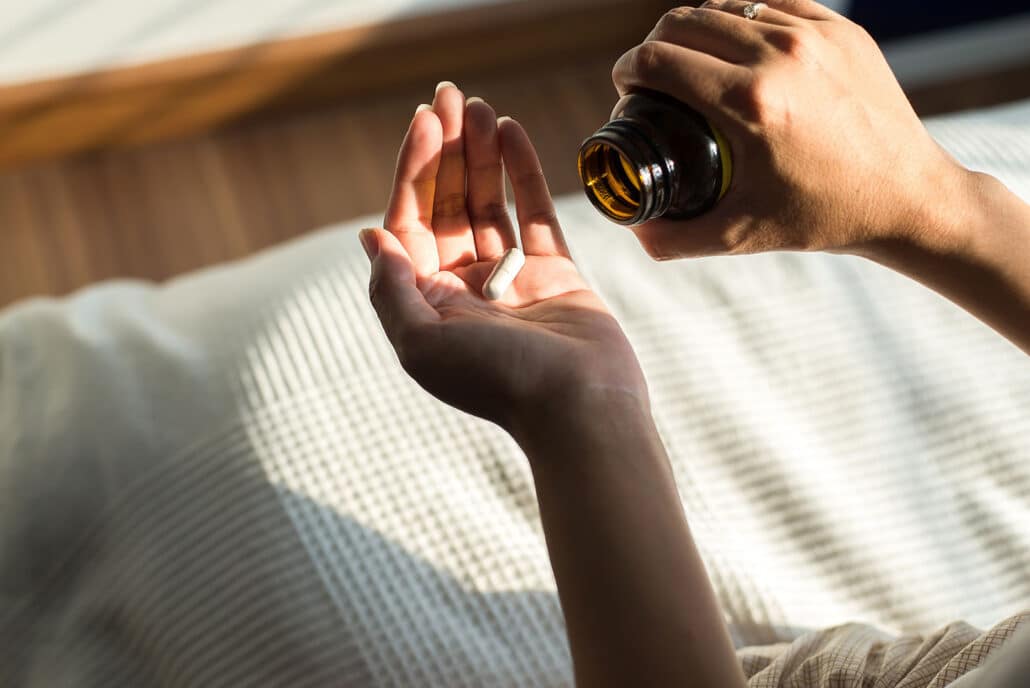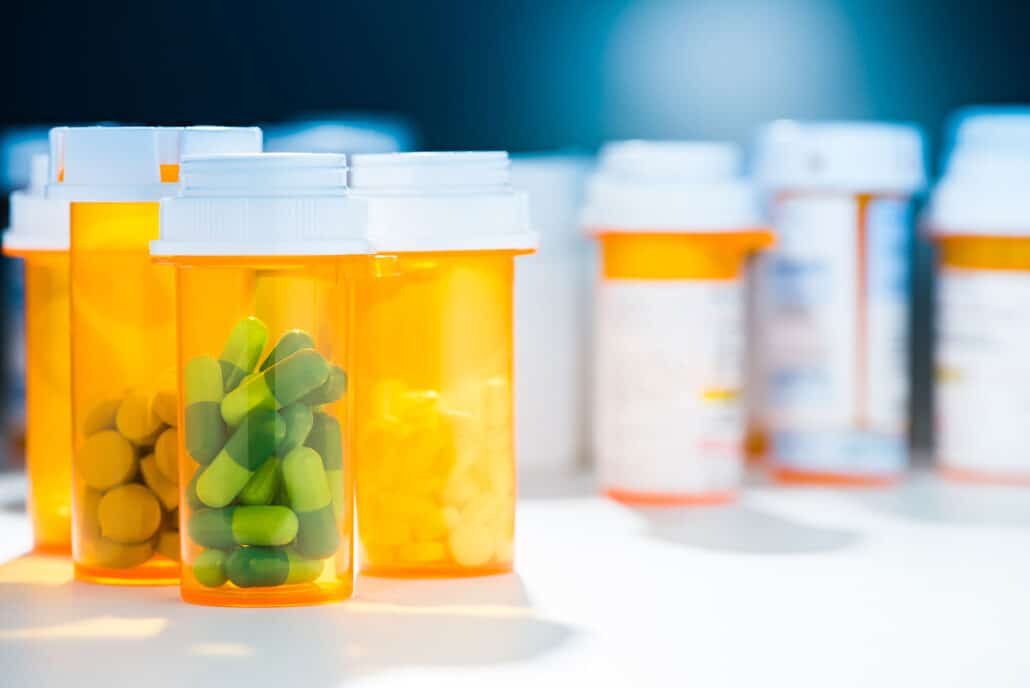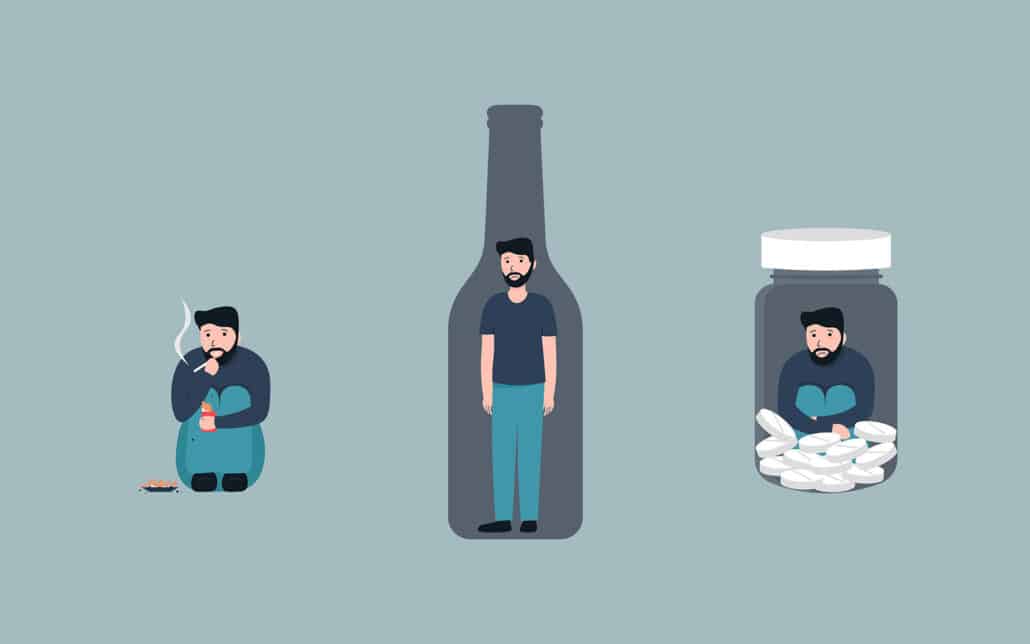A 2022 statistics showed that more than 29.5 million people over the age of 12 are currently struggling with alcohol abuse disorder. Moreover, more than 140,000 Americans die because of issues related to excessive alcohol consumption every year.
Chronic health issues like liver disease and heart disease are linked to long-term alcohol consumption. People also suffer from problems with work and unsuccessful relationships due to fights with their partners and children.
But in most cases, the person struggling with alcohol use disorder will be in denial. They’ll hide their addiction and claim that they can control their alcohol addiction. So, how do you help an alcoholic who doesn’t want help? Read this article to find out.
What is an Alcoholic?
An alcoholic is someone who suffers from alcohol use disorder or AUD. This means that they spend a great deal of their time drinking or thinking about drinking, even if they don’t drink every day.
Alcoholics have no control over their drinking once they start. They can keep drinking until they pass out because they don’t know how to stop. Moreover, they can skip work or school to drink. In most cases, they keep drinking despite any health issues they suffer from.
Some people are high-functioning alcoholics and these are more difficult to confront with their addiction. These people manage to maintain successful professional and personal relationships regardless of their addiction.
These people often binge drink, despite the advice of others. They might not be able to function without drinking but they tend to hide their problem from those around them.
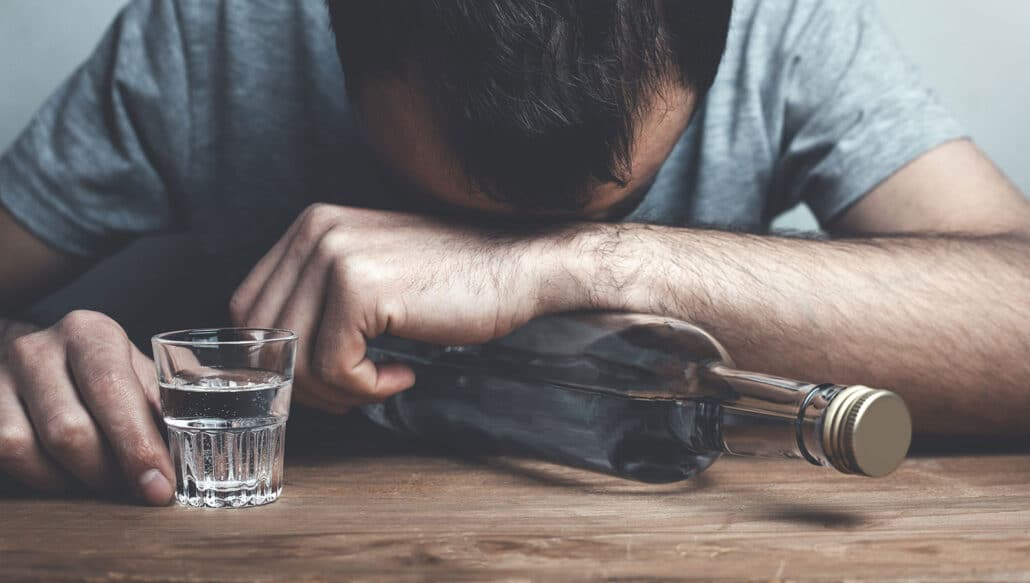
How Do You Know that Someone is Alcoholic?
Apart from the obvious signs of excessive drinking, some tell-tale signs show that someone is a high-functioning alcoholic.
- This person keeps drinking until they pass out.
- They can drink more than other people without showing signs of intoxication.
- They suffer from physical and mental health issues related to excessive drinking.
- They experience extreme mood swings.
- They can drink in inappropriate settings, hide their drinks, and drink even when their health is heavily impacted.
- They avoid critical feedback and criticism about drinking.
- They can engage in other unhealthy behavioral patterns related to drug or substance abuse.
- They often attempt to control alcohol consumption but they fail.
- They don’t mind drinking in dangerous situations even if they can hurt others, like before driving.
- They can finish other people’s drinks.
- They feel shame and guilt after drinking.
How Do You Help an Alcoholic Who Doesn’t Want Help?
When a person is in denial about their AUD or keeps resisting detox regardless of the consequences, people around them can suffer.
Friends, family members, and even coworkers will suffer when someone keeps denying their alcohol use disorder. Alcohol consumption can even subject others’ lives to danger when the person operates heavy machinery or drives while intoxicated. One study showed that about 37 people die every year in a drunk-driving crash.
Some people will realize how alcohol use disorder is impacting their lives and will actively seek professional help. However, some will deny their problems and keep drinking regardless of the consequences. Here’s what you can do.
Educate Yourself
To confront someone with their addiction, you should get yourself educated about their disorder. Read articles and get medical advice about alcohol use disorder, its symptoms, and how this addiction can impact lives.
You could misinterpret actions or miss symptoms if you’re uneducated. You can also talk to a counselor if you’re unsure if the person you care about has an alcohol use disorder. When you’re more educated you’ll be able to provide more help.
Educating yourself also keeps you informed about the expected withdrawal symptoms and what to expect during an alcohol detox. You can also learn about self-care to handle being in a relationship with an alcoholic.
Be Patient
Dealing with an alcoholic can be emotionally draining because most people with an addiction disorder will deny their issues. It’s unlikely that a person will admit that they have an issue, which means it will be difficult to convince them to go to an alcohol rehab.
As a friend or family member, you should be patient while dealing with someone with AUD. It can also be painful to see the person you care about suffer from the consequences of their addiction. Yet, it’s crucial to think carefully about your actions if you want to encourage them to seek therapy.
Identify Your Behavior
If you’re close to someone with an alcohol use disorder, you could be an enabler or living in a codependent relationship. As you try to shed light on the person’s addiction, it’s also important to identify your behavioral patterns if you’ve been facilitating their addiction.
For example, unknowingly, you might be fueling their alcohol consumption by keeping them in an environment where alcohol is available. Some studies show that children living with alcoholics can become alcoholics and suffer from different behavioral issues.
You could also be providing them with money to buy alcohol or invite them to events where they’re more likely to drink. At the same time, you might be denying their behavior and hiding it from others.
In a codependent relationship, you’ll be encouraging them to continue abusing alcohol because you’re taking all the responsibility.
Create Healthy Boundaries
Once you’ve identified your role in supporting, encouraging, or enabling alcohol abuse, it’s time to set healthy boundaries. Another person’s excessive alcohol consumption isn’t your fault or responsibility but you might be enabling their behavior.
Although it’s hard to say no to someone you love, sometimes you have to step aside to let them face the consequences of their actions. People who refuse to get help usually feel that someone will handle their issues, so they keep abusing alcohol. If you’re a facilitator by cleaning up their mess, it’s time to stop.
Let Them Face the Consequences
If you’ve been bailing someone you love out of their problems, it’s time to stop. You could be doing the work of an alcoholic coworker or handling family issues alone because your alcoholic partner is unable to show up.
As a partner, sibling, parent, or friend, you should make life harder for an alcoholic who doesn’t want to get help. This way, they’ll be encouraged to face the reality of their actions and eventually seek help.
You might need to move out, fire them, or report them to management if they don’t stop drinking. Although this is painful, it’s sometimes the only way to deal with an alcoholic.
You should also get your finances in order as drinking can be expensive. This means handling your finances independently if you share a bank account with an alcoholic.
Join a Support Group
AI-Anon groups are support groups for people who live with someone who has a drinking problem. As a family member or someone close to an alcoholic, you deal with several emotional issues that no one understands. Attending group meetings with people who go through the same struggle can help you see the light at the end of the tunnel.
People who live with alcoholics are usually under much pressure fearing for their loved ones and themselves. They handle extra responsibilities in a relationship, struggle financially, and deal with the disapproval of others. During these support meetings, you can talk about your emotions and find ways to help the alcoholic you care about.
Stage an Intervention
With the help of a professional intervention specialist or interventionist, you can stage an intervention to confront an alcoholic with their problems. Most people with alcohol use disorder deny that their actions impact others. You can plan and host an intervention to show them how their destructive behavior affects everyone around them. You should offer support if the person agrees to join a treatment program.
Interventions can be extremely emotional and should be attended only by people the person trusts. During an intervention, family members, close friends, and coworkers can talk about how much they love the person with an alcohol use disorder and how their behavioral patterns personally impact them.
An intervention specialist will suggest treatment options available during the meeting, even if the person is in denial about their alcohol consumption issues. If they become resistant to seeking help, people attending the intervention should list the consequences. For example, a partner will mention that they will get a divorce or move out if the person doesn’t seek addiction treatment.
Wrap Up
Dealing with an alcoholic who doesn’t want help can be challenging because these people claim that there’s nothing wrong with them. Things can be more difficult if you’re dealing with a high-functioning alcoholic.
As someone close to an alcoholic, it’s important to get yourself educated about the consequences of alcohol consumption and how it can impact you and those around the alcoholic.
You should also acknowledge your responsibility if you’re in a codependent relationship or enable addictive behavior. You might have to move out or end your relationship with an alcoholic if they don’t agree to seek therapy. This sounds cruel but it’s the only way to make them see the impact of their negative behavior.
References
- https://www.niaaa.nih.gov/alcohols-effects-health/alcohol-topics/alcohol-facts-and-statistics/alcohol-use-disorder-aud-united-states-age-groups-and-demographic-characteristics
- https://drugabusestatistics.org/alcohol-abuse-statistics
- https://www.medicalnewstoday.com/articles/high-functioning-alcoholic
- https://www.nhtsa.gov/risky-driving/drunk-driving
- https://dmh.lacounty.gov/our-services/employment-education/education/alcohol-abuse-faq/family-history
Published on: 2024-05-07
Updated on: 2024-06-21


